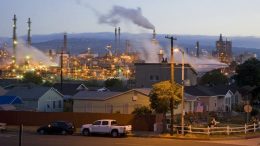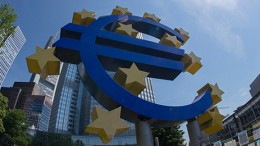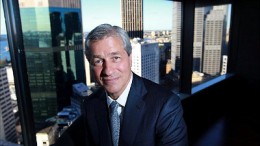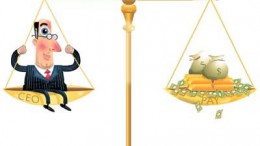Next Big Financial Crisis Could Be Triggered By Climate Change – Central Banks Can Prevent It
Garth Heutel, Givi Melkadze & Stefano Carattini via The Conversation | In 2008, as big banks began failing across Wall Street and the housing and stock markets crashed, the nation saw how crucial financial regulation is for economic stability – and how quickly the consequences can cascade through the economy when regulators are asleep at the wheel. Today, there’s another looming economic risk: climate change. Once again, how much it harms economies will depend a lot on how financial regulators and central banks react.










